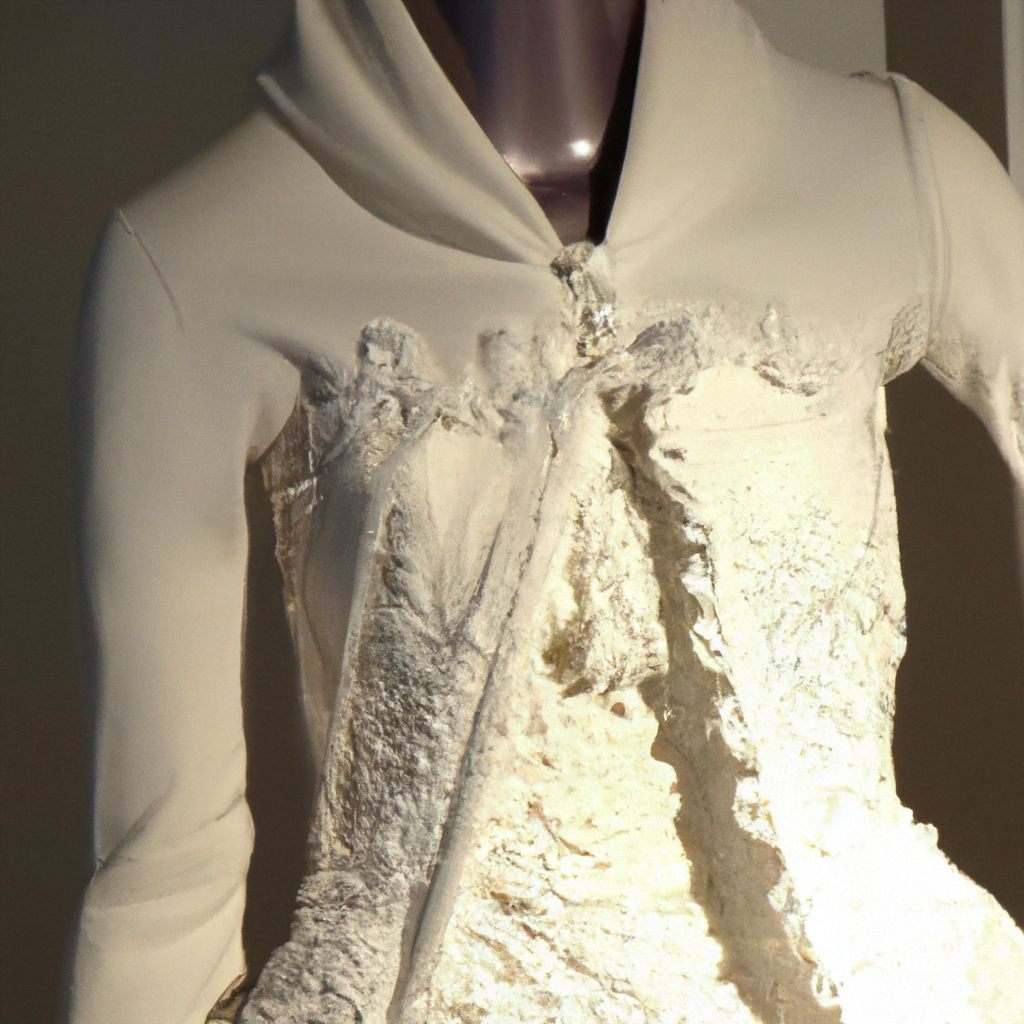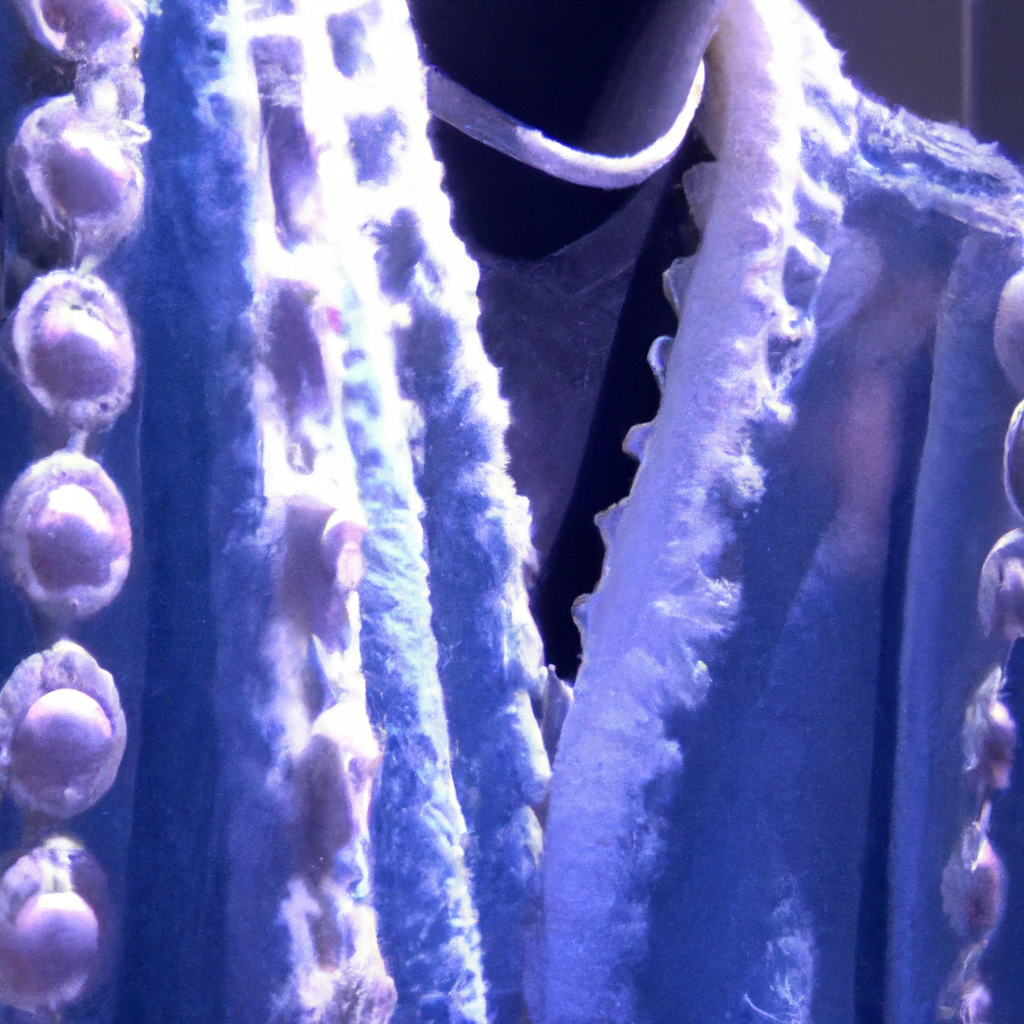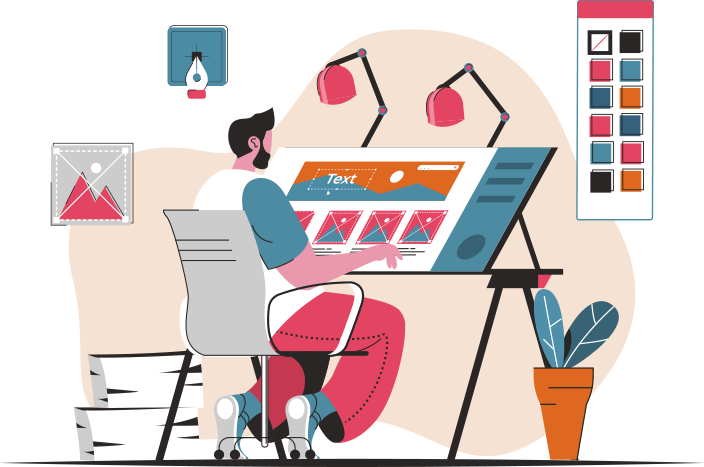
AI in Fashion Design: Customization and Personalization

Artificial Intelligence (AI) has revolutionized various industries, and fashion design is no exception. With the advent of AI, fashion designers now have access to powerful tools and technologies that enable them to create customized and personalized designs for their customers. This article explores the impact of AI in fashion design, focusing on the benefits of customization and personalization. Through the use of AI, fashion designers can now cater to individual preferences, enhance the shopping experience, and drive innovation in the industry.
The Rise of AI in Fashion Design
In recent years, AI has gained significant traction in the fashion industry. Designers and brands are leveraging AI technologies to streamline their design processes, improve efficiency, and deliver personalized experiences to their customers. The integration of AI in fashion design has opened up new possibilities and transformed the way designers approach their craft.
One of the key areas where AI has made a significant impact is customization. Traditionally, fashion designers would create collections based on their own creative vision, with limited consideration for individual preferences. However, with AI-powered customization tools, designers can now create unique designs tailored to each customer’s specific requirements.
The Benefits of Customization in Fashion Design
Customization in fashion design offers numerous benefits for both designers and customers. Let’s explore some of the key advantages:
- Individuality: Customization allows customers to express their individuality through unique designs that reflect their personal style and preferences. This level of personalization enhances the overall shopping experience and fosters a stronger connection between the customer and the brand.
- Fit and Comfort: Customized designs ensure a perfect fit, as they are tailored to the customer’s specific measurements. This eliminates the need for alterations and enhances comfort, resulting in higher customer satisfaction.
- Reduced Waste: By creating designs based on customer demand, designers can minimize overproduction and reduce waste. This sustainable approach aligns with the growing consumer demand for eco-friendly fashion.
AI-Powered Customization Tools
AI has enabled the development of advanced customization tools that empower fashion designers to create personalized designs efficiently. These tools leverage machine learning algorithms to analyze customer data and generate design recommendations. Let’s explore some popular AI-powered customization tools:
1. Body Scanning Technology
Body scanning technology uses AI algorithms to capture precise measurements of customers’ bodies. This data is then used to create customized designs that fit perfectly. Brands like Stantt and Unmade have successfully implemented body scanning technology to offer personalized clothing options to their customers.
2. Virtual Try-On
Virtual try-on tools use AI and augmented reality (AR) to allow customers to virtually try on clothing items before making a purchase. This technology provides a realistic representation of how the garment would look on the customer, helping them make informed decisions. Companies like Wannaby and Zeekit have developed virtual try-on solutions that enhance the online shopping experience.
3. Style Recommendation Systems
Style recommendation systems leverage AI algorithms to analyze customer preferences and provide personalized design recommendations. These systems consider factors such as body shape, color preferences, and style preferences to suggest designs that align with the customer’s taste. Companies like Stitch Fix and Thread have successfully implemented style recommendation systems to offer personalized styling services to their customers.
Case Studies: AI in Fashion Design
Several fashion brands have embraced AI in their design processes, resulting in improved customization and personalization. Let’s explore some notable case studies:
1. Adidas
Adidas, a leading sportswear brand, has integrated AI into its design process to create customized shoes. The brand’s Adidas GMR project uses AI algorithms to analyze players’ movements and create personalized insoles that enhance performance. This customization approach has garnered significant attention and has been well-received by athletes and customers alike.
2. The Fabricant
The Fabricant, a digital fashion house, utilizes AI and 3D modeling to create virtual clothing designs. By eliminating the need for physical production, the brand offers unlimited customization options and reduces waste. The Fabricant’s designs have been featured in prestigious fashion shows, highlighting the potential of AI in pushing the boundaries of fashion design.
The Future of AI in Fashion Design
The integration of AI in fashion design is still in its early stages, but the potential for growth and innovation is immense. As technology continues to advance, we can expect to see further developments in the following areas:
- Hyper-Personalization: AI will enable designers to create designs that are not only customized but hyper-personalized, taking into account individual preferences, lifestyle, and even real-time data.
- Collaborative Design: AI-powered tools will facilitate collaboration between designers and customers, allowing them to co-create designs and bring their creative visions to life.
- Sustainable Fashion: AI will play a crucial role in driving sustainability in the fashion industry. By optimizing production processes, reducing waste, and enabling on-demand manufacturing, AI can contribute to a more sustainable and eco-friendly fashion ecosystem.
Conclusion
AI has transformed the fashion industry by enabling customization and personalization in design. Through AI-powered tools such as body scanning technology, virtual try-on, and style recommendation systems, fashion designers can create unique designs that cater to individual preferences. The benefits of customization include enhanced individuality, improved fit and comfort, and reduced waste. Case studies of brands like Adidas and The Fabricant demonstrate the successful integration of AI in fashion design. As AI continues to evolve, the future of fashion design holds exciting possibilities, including hyper-personalization, collaborative design, and sustainable fashion.
